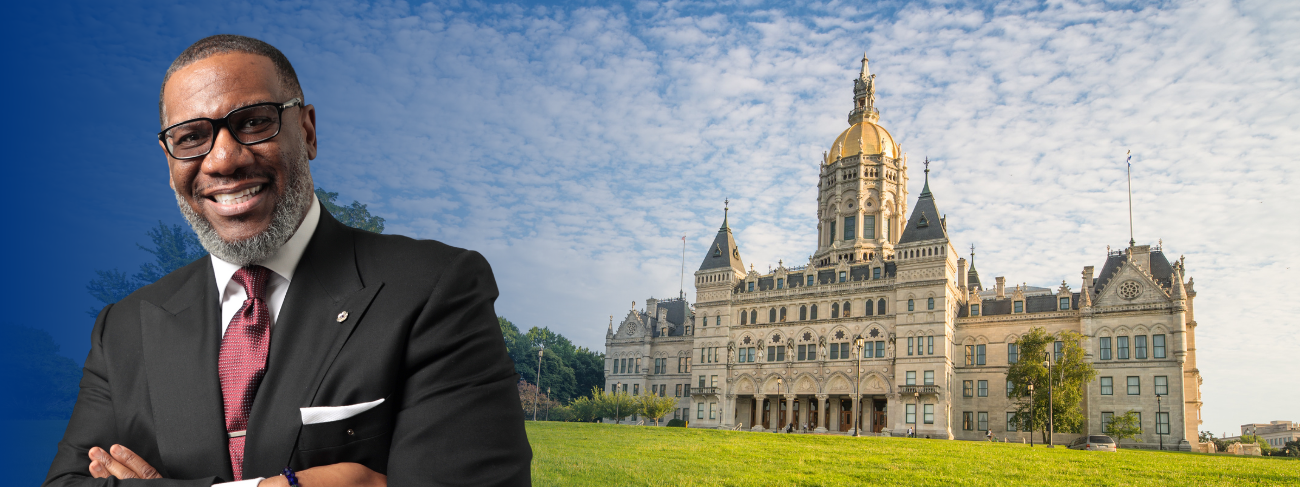The Democrats’ Downhill Journey: No Hope in Sight
Post the disastrous loss in the 2024 elections, the Democrats organized a high-profile Executive Committee meeting. Ironically, instead of introspecting and debating about the reasons behind their shocking defeat, the party fell into a pit of self-celebratory proclamations. The moment a revered party leader dared to voice the brutal truth of their dismal performance and proposed an autopsy of the situation, her suggestion was met with repudiation. No one can deny that although the party isn’t literally extinct, its display in the 2024 elections was rather appalling.
Unfortunately, the Democrats not only lost the presidential seat but also got booted out of the Senate. Their recent rating in polls paints a further bleak picture, registering some of the lowest favorability ratings in their recent history. In spite of these glaring signs of a failure, they cavalierly dismissed the necessity of a thorough analysis and appraisal of their downfall.
Over the past few months, however, various media reports began to surface suggesting remedial strategies from so-called ‘Democratic party operatives’ and offered insights from several commissioned studies analyzing the 2024 debacle. Their unanimous verdict- it’s high time that Democrats distanced themselves from extreme ‘leftist’ ideologies and tacked more towards the center.
Democrat leaders observed, in a rather disconnected way, that they needed to stop being so ‘woke’ and should concentrate on voters’ priorities. However, they seemed to have lost touch with the pulse of the electorate. Unable to discern what their voters truly desired, the leaders were left navigating a ship without a compass.
It was evident that there was no centralized theme or cohesive message heralding their campaign. Consequently, candidates who paid heed to consultants often found themselves entangled in a convoluted attempt to connect with voters. The absence of a consistent narrative only added fuel to the already existing fire.
During pre-Trump times, Republicans would concentrate their efforts on Reagan’s philosophy of lesser taxes and smaller governance. However, when questioned about the core principles of Democrats, they would merely list out an array of problems. They failed to position themselves as the solution, rather focusing on the problems.
Mockingly, Republicans’ ideals of a ‘small government and lower taxes’ seemed to have created a widening gap of income disparity and endangered the economic stability of average voters. To distract voters, they overemphasized and inflamed several Democratic stances on social issues. Regrettably, more often than not, Democrats fell for their bait.
Two and a half decades ago, my brother and I penned a book titled ‘What Ethnic Americans Really Think.’ We based this work on the analyses done by a polling firm examining the political viewpoints of various US ethnic groups- Italians, Arabs, Hispanics, Asians, Jews, and Africans. The individual disparities among these communities notwithstanding, there were some striking convergences in their political beliefs.
A significant majority of these ethnic groups were proud of their heritage and had formed strong emotional ties with their ancestry and familial connections. Uniformly, all these communities supported progressive economic policies. Staggering majorities, spanning from the mid-80% to the mid-90%, were in favor of the federal government actively investing in health insurance, raising minimum wages, penalizing polluters, uprooting regressive taxation systems, and bolstering Social Security, Medicare, and public education.
A vast majority also rooted for campaign finance reform, gun control, and advocated for a unilateral US ban on nuclear weapons testing. The inference that Democrats should glean from this is that being on the ‘left’ doesn’t necessarily equate to one’s stand on social issues.
Instead, Democrats should identify themselves as a party that comprehends the beneficent role of government in sculpting an economy that creates jobs and enables opportunities for the working-class and middle-class families from various ethnic and racial backgrounds. This is not to argue that Democrats should renounce their inclination towards social-cultural issues which the leaders have always championed as critical for our pluralistic democratic society.
However, it is unwise to let these topics take precedence and define the party. To achieve triumph, Democrats need to revert and reclaim their history as the party which asserts the government’s role in providing an avenue for the needy, the working classes, and middle classes of all ethnic and racial demographics.


